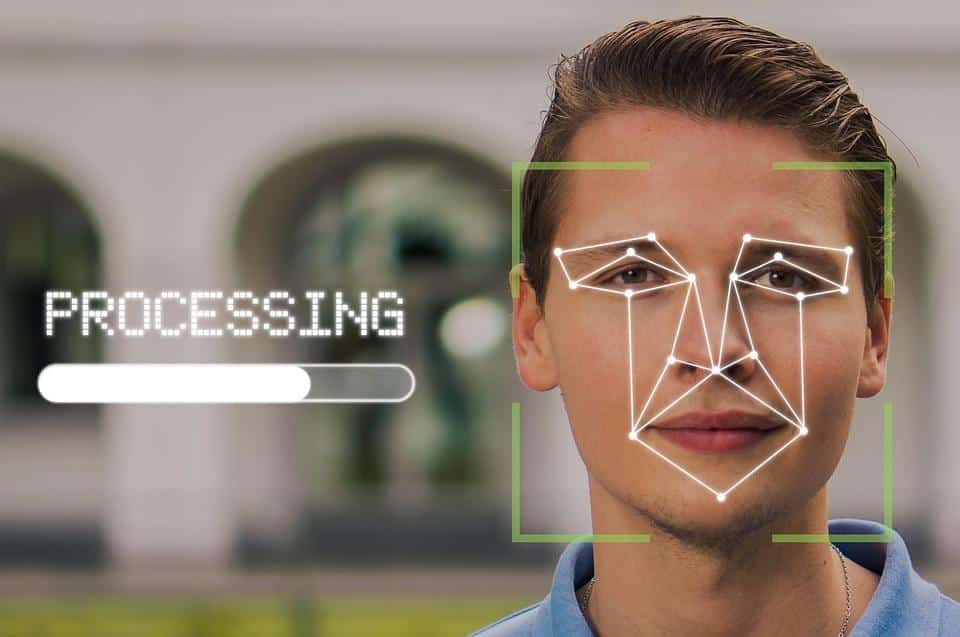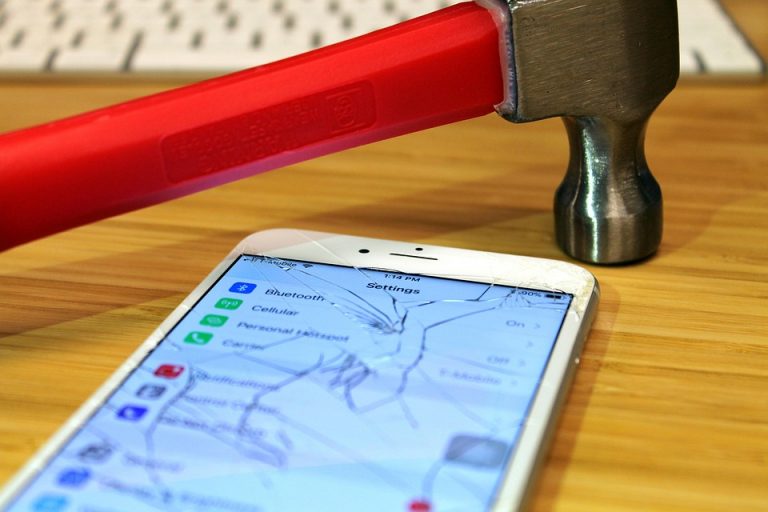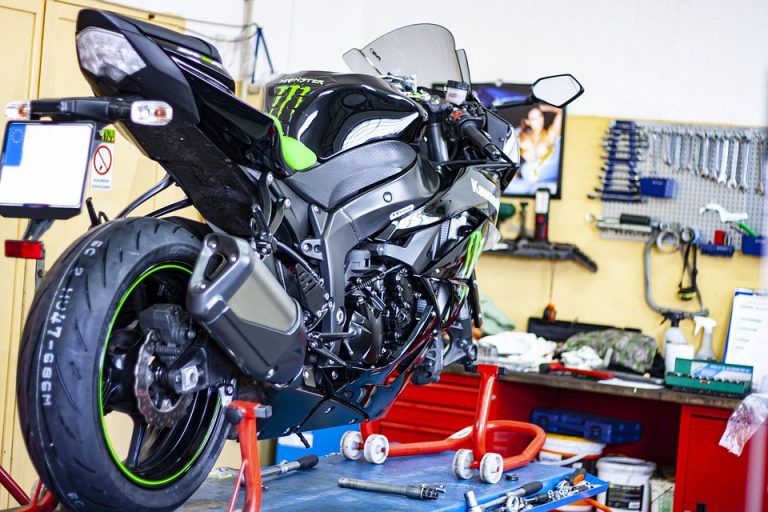Unlocking your phone with a glance? Sounds like magic, doesn’t it? But the truth is, the iPhone 14’s face recognition technology isn’t flawless. While it promises convenience, there are surprising flaws that could affect your daily life in ways you might not expect. Let’s dive into these unexpected issues and explore why they matter to you.
Contents
What is Face Recognition and Why Does it Matter?
Face recognition technology uses sophisticated algorithms to identify and verify users based on their facial features. It’s become a staple in smartphones, enhancing security while offering a seamless user experience. For many of us, it’s about more than just unlocking a device; it’s about navigating our lives—banking, shopping, and communicating.
Yet, with great convenience comes great responsibility. Understanding the flaws in this technology is crucial. You should know how these flaws could impact your personal security and privacy.
1. Lighting Conditions Matter More Than You Think
Ever tried unlocking your iPhone 14 in bright sunlight or a dimly-lit room? You might have noticed that the face recognition feature struggles.
-
Why It Happens: The sophisticated sensors need adequate light to recognize your features accurately. In low or harsh lighting, it might not work as intended.
-
Real-Life Impact: If you’re in a rush or your hands are full, you could find yourself fumbling with your phone, feeling frustrated.
Pro Tip:
When using your iPhone in varying lighting, try to adjust your angle. Sometimes, tilting your phone slightly can help the sensors get a better read.
2. The Glasses Dilemma
Wearing glasses? You might think you’re safe, but the iPhone 14 can struggle to recognize your face with certain types of eyewear.
-
Why It Happens: Some glasses, especially those with reflective surfaces, can confuse the sensors. The algorithms may not see your facial features clearly.
-
Real-Life Impact: If you need to unlock your phone quickly in a meeting or while driving, this could create a frustrating delay.
Pro Tip:
If you frequently wear glasses, consider adding an alternate appearance in your settings. This helps improve recognition when you’re wearing them.
3. Changes in Your Appearance
Your looks can change—whether it’s a new hairstyle, facial hair, or even a dramatic change in weight. The iPhone 14 might not recognize you if the alterations are significant.
-
Why It Happens: The face recognition technology relies on a baseline of your features. Major changes can throw it off.
-
Real-Life Impact: Imagine wanting to access your phone after a fresh haircut or beard trim, only for it to fail repeatedly. Frustrating, right?
Pro Tip:
Regularly updating your face data can help. Simply go to settings and re-scan your face to improve recognition.
4. Masking Dilemmas
In an age where masks have become a norm, face recognition has faced a significant challenge.
-
Why It Happens: Masks cover a large part of your face, making it difficult for the iPhone to identify you.
-
Real-Life Impact: If you’re in a public space and need to access your phone quickly, you might find yourself reaching for your passcode instead.
Pro Tip:
If you wear masks regularly, consider enabling Face ID with a mask feature, if available. It can help recognize your eyes and forehead, making it easier to unlock.
5. Twin Trouble
Have a twin? The iPhone 14’s face recognition can get a bit confused.
-
Why It Happens: Identical twins share a strikingly similar facial structure, making it challenging for the device to differentiate between you.
-
Real-Life Impact: You might find yourself in a situation where your twin can unlock your phone unintentionally. Not ideal for privacy!
Pro Tip:
If you have a twin, consider using a different unlocking method, such as a passcode or fingerprint, for added security.
Why Trust Matters
When it comes to technology, trust is key. Apple has made strides in ensuring your data is safe, but knowing these face recognition flaws can help you make informed decisions. The more you understand, the better you can protect yourself.
For more information on data privacy and technology, check out the Electronic Frontier Foundation or Consumer Reports.
Bottom Line
The iPhone 14’s face recognition feature offers incredible convenience, but it’s essential to be aware of its limitations. From lighting issues to appearance changes, understanding these flaws can help you navigate your daily life more effectively. Don’t let technology hold you back—empower yourself with knowledge!
Stay proactive, adapt your usage, and always prioritize your security. Have you experienced any of these issues? Share your thoughts below!
Frequently Asked Questions
Q: Can I use Face ID if I have a beard?
A: Yes, but significant changes in facial hair may affect recognition. Consider updating your face data regularly.
Q: What if my iPhone doesn’t recognize me while wearing a mask?
A: Try enabling Face ID with a mask, if available, or use your passcode instead.
Q: Are there other options for unlocking my iPhone?
A: Absolutely! You can also use a passcode or set up fingerprint recognition if your device supports it.
Understanding the nuances of your device can enhance your experience and security. Take control of your technology—your life is worth it!








